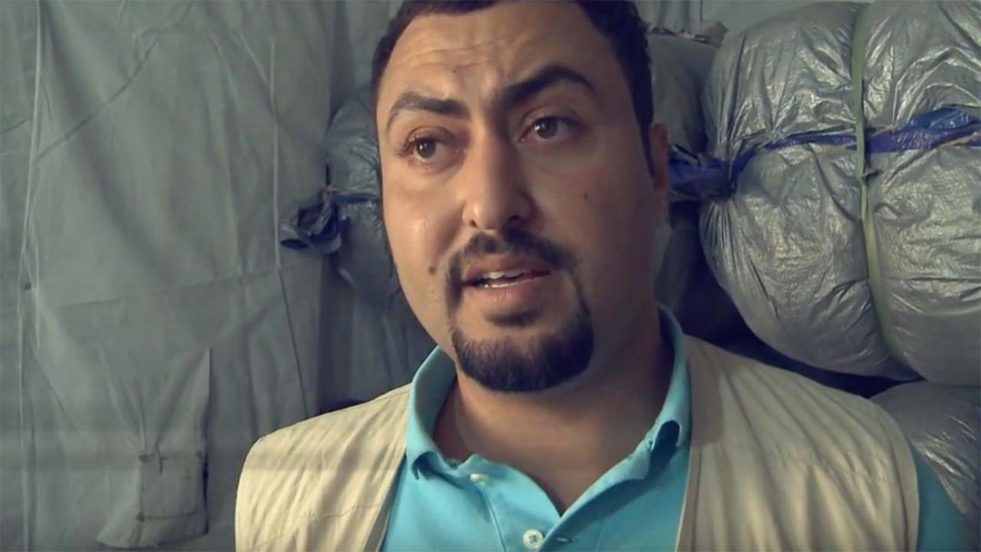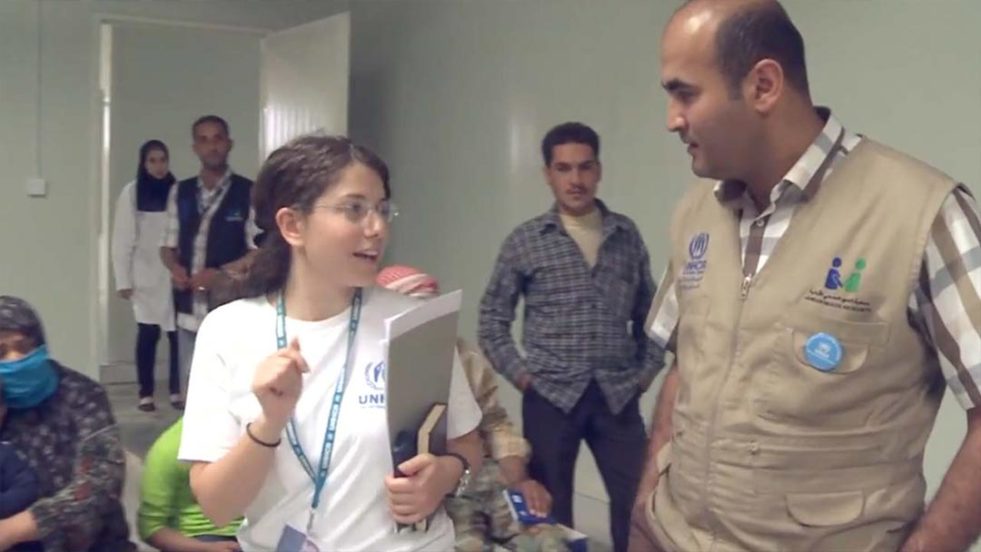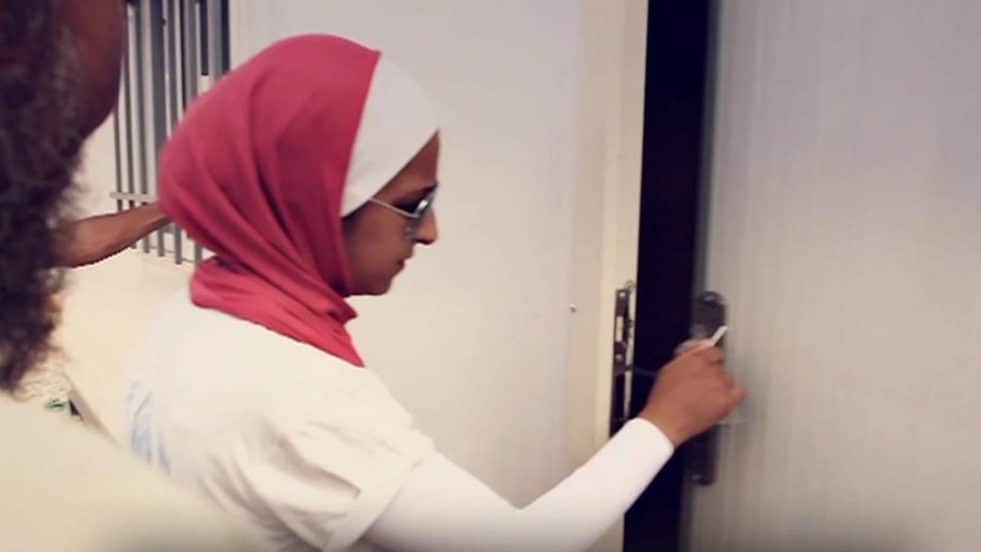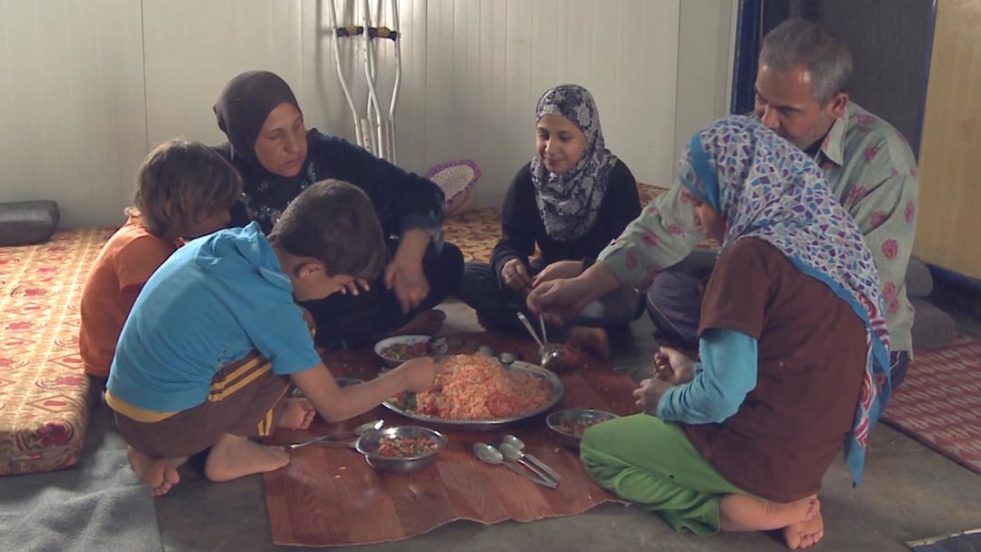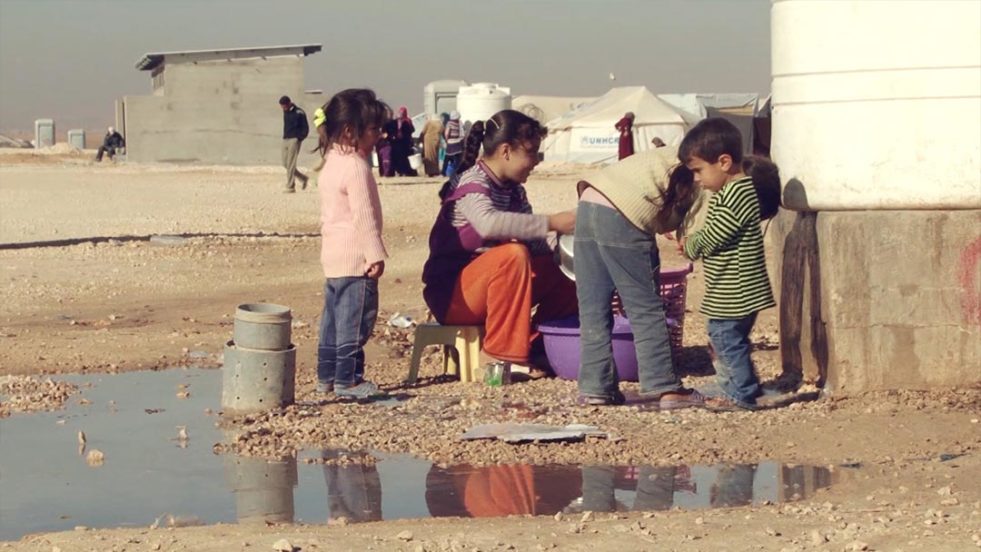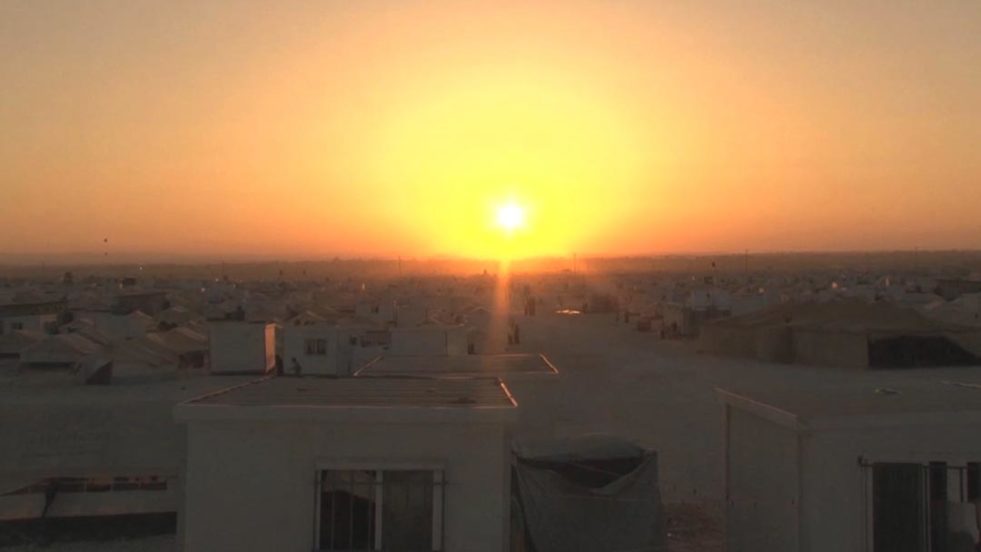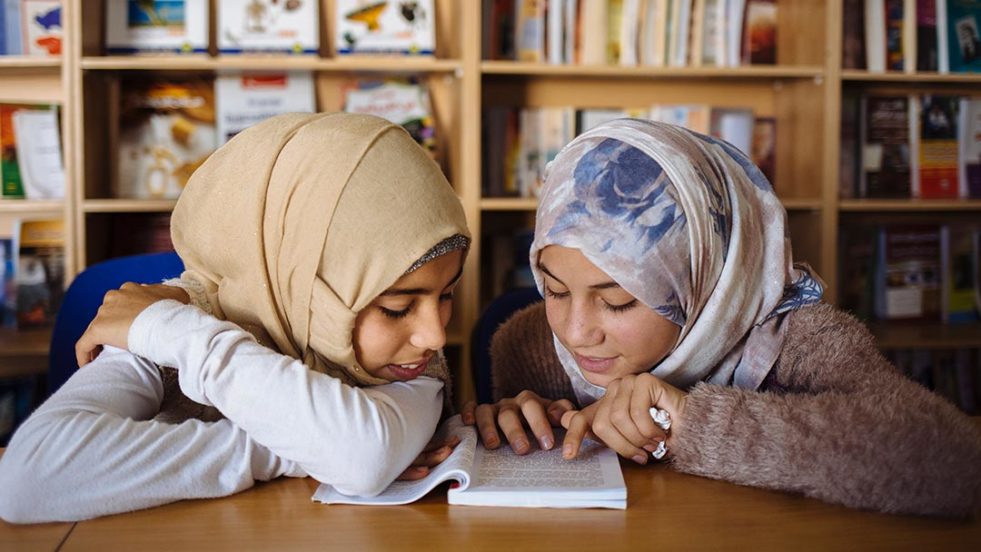S1E6: New tastes
You’re helping refugees get the food that sustains their lives
Watch the new video and learn Farida’s ingenious secret way of making mealtimes more exciting for her children. You’ll also be able to see something that you might never have expected to see in the heart of a refugee camp.
Want to see the whole story?
Did you know?
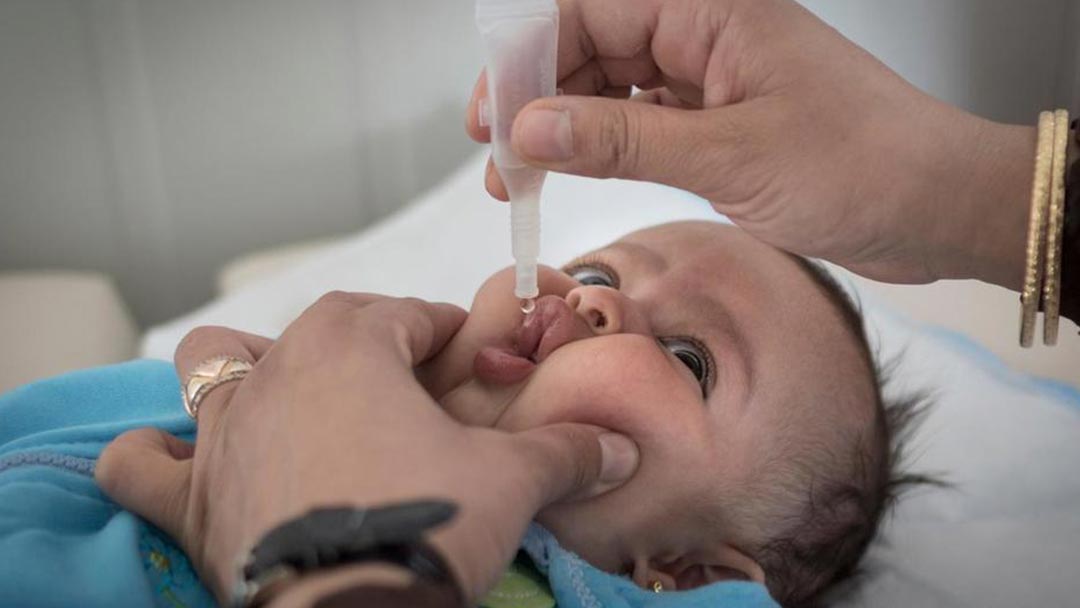
Did you know that in the Middle East, mealtimes are the most important parts of the day? In the Middle East, and around the world, mealtimes are when families come together to share food, to laugh with each other and discuss what lies ahead.
Families everywhere need food to survive and stay healthy. But more than that, they need food to bring them together.
Wherever UNHCR works, we always provide the families we protect, with a hot, nutritious meal when they arrive at a camp. They may not have had the time or resources to get food to take with them before they fled and then travelled for days or even weeks without eating properly. They can be exhausted and weak, and children can be especially at risk of malnutrition.
When children arrive at camps we will weigh and assess them for signs of malnourishment. Children who are malnourished will immediately be put onto a feeding programme, where they will receive specially designed nutritional supplements to rebuild their strength and save their lives.
Your support means that we can ensure that people not only get the calories they need to stay strong, but also retain a vital sense of independence and normality.
“We are very grateful for having the food to eat here, but it can never be the same as home.”
Refugees can buy freshly baked bread, fruit and vegetables from shops set up along the Champs Elysées, the main thoroughfare in Za’atari. Credit ©UNHCR/S.Rich
“I remember that at home I would open the door to my garden, smell the fresh food that was growing and go straight out and pick the food we needed for the day.”
“I especially miss the smell of our fresh cucumbers growing in the field. Here, the cucumbers and vegetables are fine, and they meet our needs, but it is not the same as the fresh food we used to enjoy.
“Most of our vegetables we grew at home and we would buy fresh meat from our neighbours. We are very grateful for having the food to eat and water to drink here, but it can never be the same as home.
“The food vouchers we receive are for 10 Jordanian Dinars (JDs) per person and there are nine of us so that is 180JDs a month. With this amount it is a struggle to buy enough food for us all and sometimes we do not have three meals a day. But the vouchers are good because we can choose what food we have rather than just having things given to us.
“So the food is enough to survive but I dream of returning home and enjoying the meals we used to enjoy. I would love to make the children mansaf like we had at home, a lamb dish with yoghurt and rice. But my own favourite was stuffed vine leaves. It would be wonderful if I could again cook my children vine leaves, picked from our own garden.”
Facts & Figures
Around 80,000 refugees in Za’atari have access to food through the voucher system
16 metric tons of freshly baked bread is distributed every morning to refugees in Za’atari by our partner WFP
In neighbouring countries hosting Syrian refugees: 21,891 children are reached with micronutrient supplements, including school feeding programmes
WFP reaches 16,730 students in Za’atari through the school feeding program
In neighbouring countries hosting Syrian refugees: Nearly 2 million have access to food vouchers
Adults in Za’atari receive 2,100 k/calories/day
Statistics correct as of August 2017

